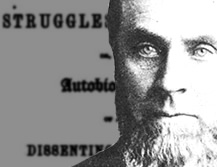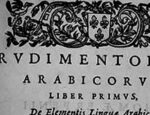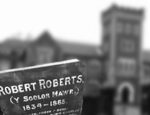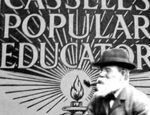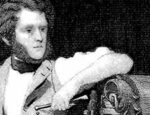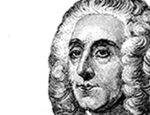Description
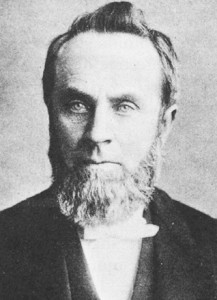 Meet William Leask, the congregational minister, who grew up ‘miserably poor’ and yet spent his evenings as an adult studying Latin and Greek in the Scottish town of Churchbank. “There was a very able schoolmaster in the town, who so thoroughly devoted himself to the benefit of others, that after conducting a school of more than a hundred boys during the day he spent his evenings in teaching young men in business.” The teacher’s name was Mr Anfield. Described by Leask as a ‘good classical scholar’, Anfield instructed his student in Latin and Mathematics. Through the evening classes Leask was reunited with his former schoolmaster, Mr Brake, who had apparently given up his position in the nearby village school (Tankerhill) in order to work on his Latin and learn Greek with Anfield.
Meet William Leask, the congregational minister, who grew up ‘miserably poor’ and yet spent his evenings as an adult studying Latin and Greek in the Scottish town of Churchbank. “There was a very able schoolmaster in the town, who so thoroughly devoted himself to the benefit of others, that after conducting a school of more than a hundred boys during the day he spent his evenings in teaching young men in business.” The teacher’s name was Mr Anfield. Described by Leask as a ‘good classical scholar’, Anfield instructed his student in Latin and Mathematics. Through the evening classes Leask was reunited with his former schoolmaster, Mr Brake, who had apparently given up his position in the nearby village school (Tankerhill) in order to work on his Latin and learn Greek with Anfield.
Leask made other friends in what he called his pursuit along ‘the thorny path of knowledge under difficulties’. The group of avid autodidacts were known about town as ‘The Seven Friends’. Their motto was: Suaviter in modo fortiter in re – a much quoted Latin saying which means: ‘gentle in manner, forceful in deed’.
It was not before Leask became a junior clerk, married ‘a gentle and economical wife’ and started his career as a dissenting preacher, that he embarked on his study of the ancient Greek language. In his biography he expresses absolutely zero interest in the Greek or Roman worlds and their literature. He wanted to learn ancient Greek so that he could read the New Testament in its original language:
“Every spare shilling was laid out in books. I purchased a Greek grammar and lexicon, and resolved to study that language… I persevered and succeeded; and I found myself amply rewarded for the labour by the pleasure I derived from first reading a verse in the Greek Testament correctly.”
n.b. around 1830

